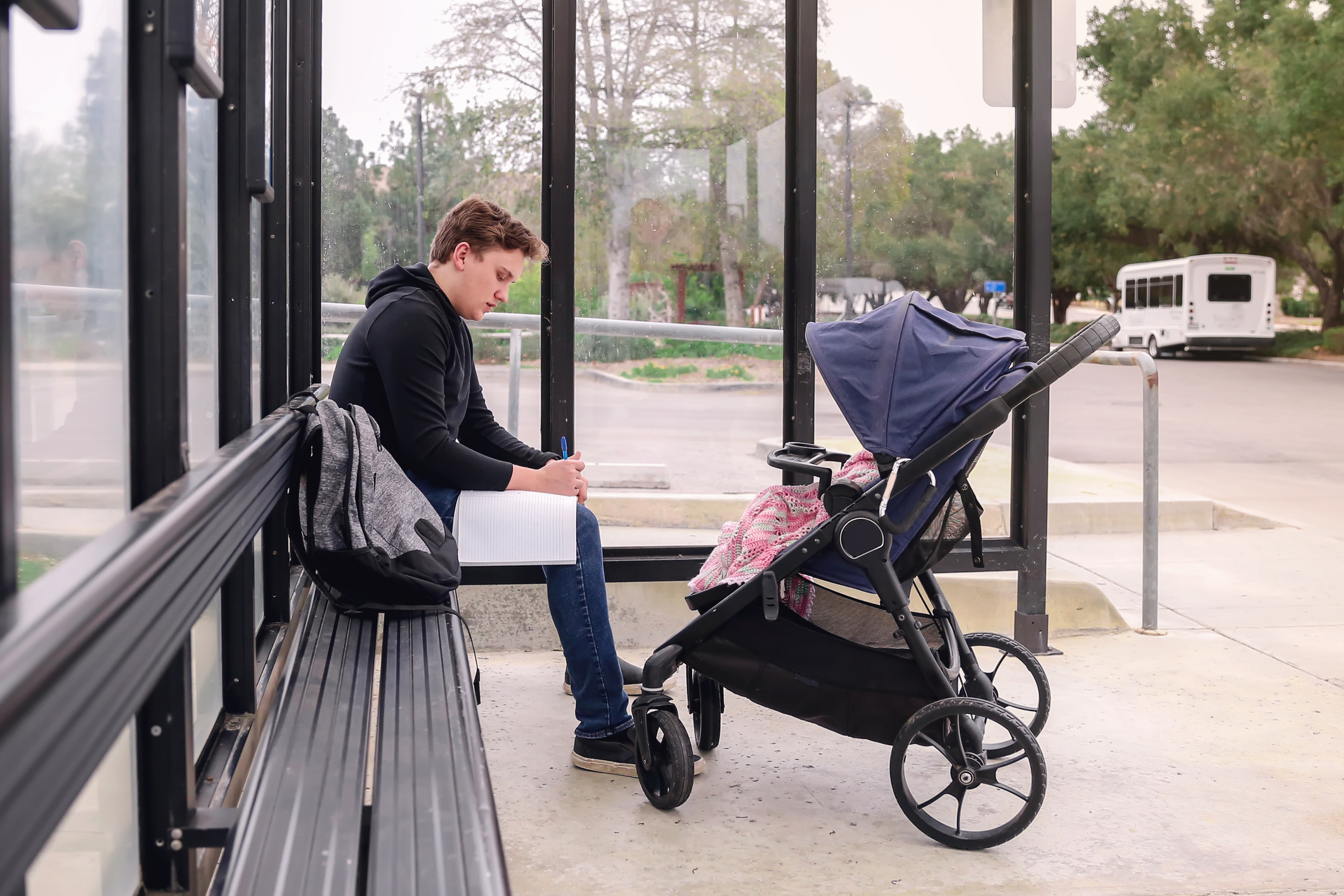Authored by Darrah Mugrauer, Director of Initiatives, Council for Adult and Experiential Learning (CAEL)
As we face a rapidly evolving economy and labor market, the focus on access to and opportunity within postsecondary education and credentialing becomes increasingly urgent. Adults return to school to pursue degrees and certifications to secure better jobs, adapt to changing industries or meet community and labor market needs as workers retire. But for many, child care is a continued and critical barrier to success. In fact, over 60% of students in higher education are over 24 years old and nearly 1 in 5 have children.
Without access to reliable and affordable child care, adults face additional obstacles as they consider if they’re able to continue their education to advance in their careers, in addition to balancing other responsibilities like work, school and families. A recent study by ReadyNation found that the nation’s infant-toddler child care crisis now costs $122 billion in lost earnings, productivity and revenue annually. This concern is top of mind for city leaders who indicated in a 2024 National League of Cities survey that workforce supports, such as access to child care, are the top challenge in their workforce development efforts. Access to safe and affordable child care is a critical need when considering pathways to economic mobility and strengthening families.
Adult learners are generally defined as students 25 years or older who are pursuing undergraduate degrees or other postsecondary credentials. However, it’s important to note that this definition doesn’t always capture the full picture. Many students under 25 years of age also share the same life experiences and challenges as those traditionally considered to be adult learners, including balancing educational responsibilities with full-time employment, military service or caregiving responsibilities. When considering these additional factors, “adult learners” can expand to represent any learners who may be financially independent and shaped more by their other identities than that of “student.” Rather, they seek to fit this identity into their already demanding lives. The need for access to safe and affordable child care is more than a logistical concern: it can be a determining factor in whether an adult learner can successfully persist in their education.
As an example, CAEL’s ALLIES Framework for Adult Learner Success highlights that persistence is tied to strong student support services, including access to child care. When institutions provide resources that view adult learners holistically, supporting learners as a whole person, students are more likely to enroll and are able to persist and complete credentials to advance in their careers. Some colleges and universities provide on-site child care or family-friendly resources like family study rooms that include a place for parents to study while caring for children, equipped with children’s materials. However, these efforts may not meet every student’s needs. Limitations such as available space, participant caps and hours can quickly challenge the efficacy of these programs.
How Cities Can Invest in Child Care to Support Residents Continuing Their Education
- Strategic partnerships may hold the key. Collaborations with community organizations, child care providers and funders who can subsidize a variety of child care options enable cities to develop coordinated strategies to meet the child care needs of their residents who are pursuing continued education and training. By weaving together institutional resources, government programs and private funding, cities can work with postsecondary partners to build lasting community partnerships as well as begin to create sustainable systems of support.
- Invest in the child care workforce. Roughly half of Americans live in child care deserts, with low-income and communities of color experiencing disproportionate levels of inaccessibility to child care. Child care settings commonly face severe staffing shortages. Cities have the opportunity to invest funding and resources into developing pathways for residents interested in child care careers and to ensure that those pathways lead to high-quality employment while expanding access to this necessary care for other adult learners.
Supporting adult learners is about more than just increasing enrollment numbers. It’s about recognizing that parents can be students too, and that their success in that role has a ripple effect on their families and communities. Child care isn’t just a student service; it can serve as a critical foundation to persistence so that residents can achieve greater economic mobility and opportunity. By addressing the child care crisis head-on, institutions have the opportunity to unlock the potential of millions of adult learners who are eager to learn, advance and contribute, and cities can advance the workforce and economic opportunities for all residents.
Explore the Long-Term Impacts of Early Childhood Policy
What happens when a local government chooses to prioritize young children, their families and the early childhood workforce for years at a time? That’s the question this new toolkit answers. Explore it to get practical insights and clear next steps to begin implementing proving policy wins in your community.







